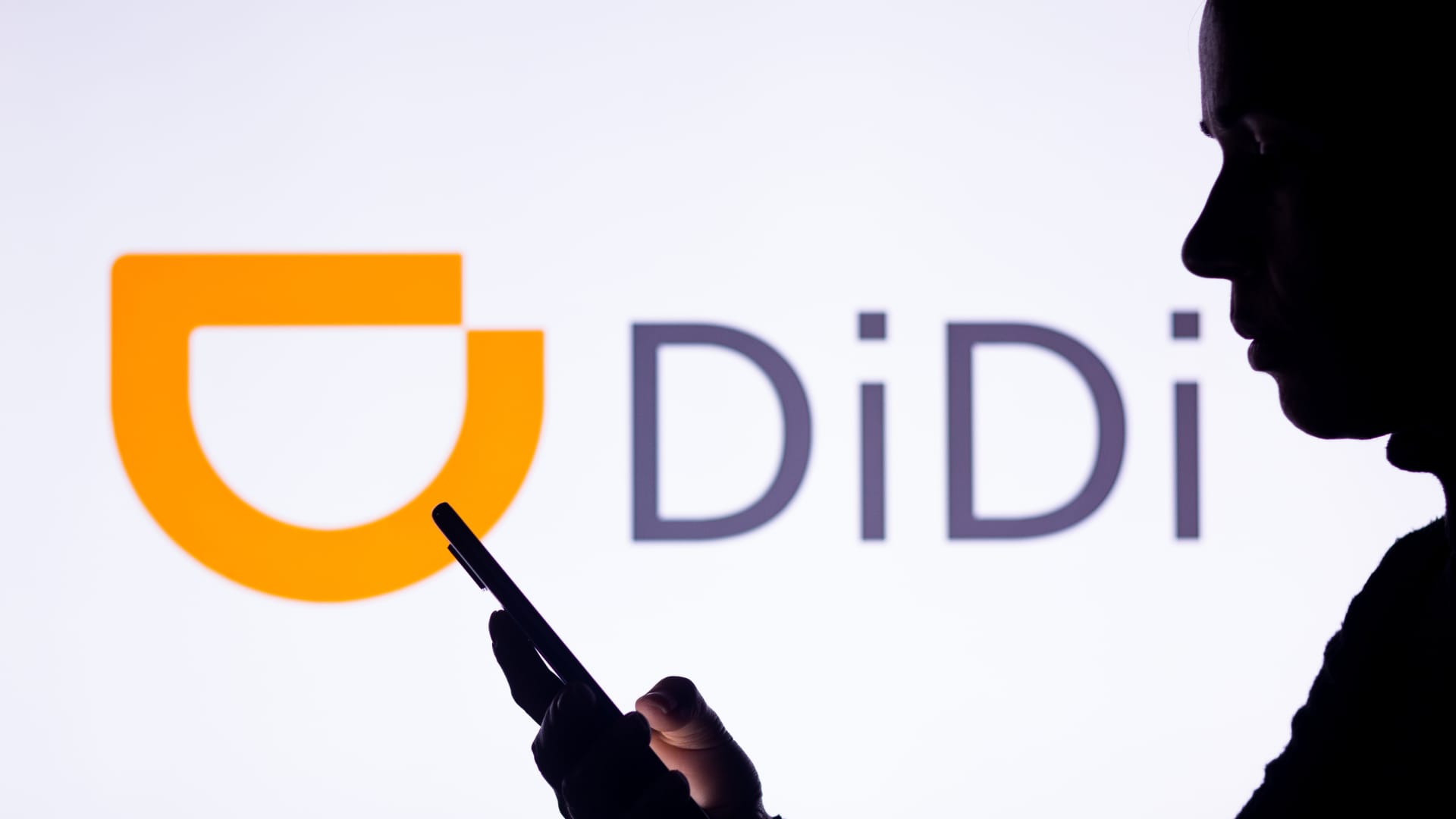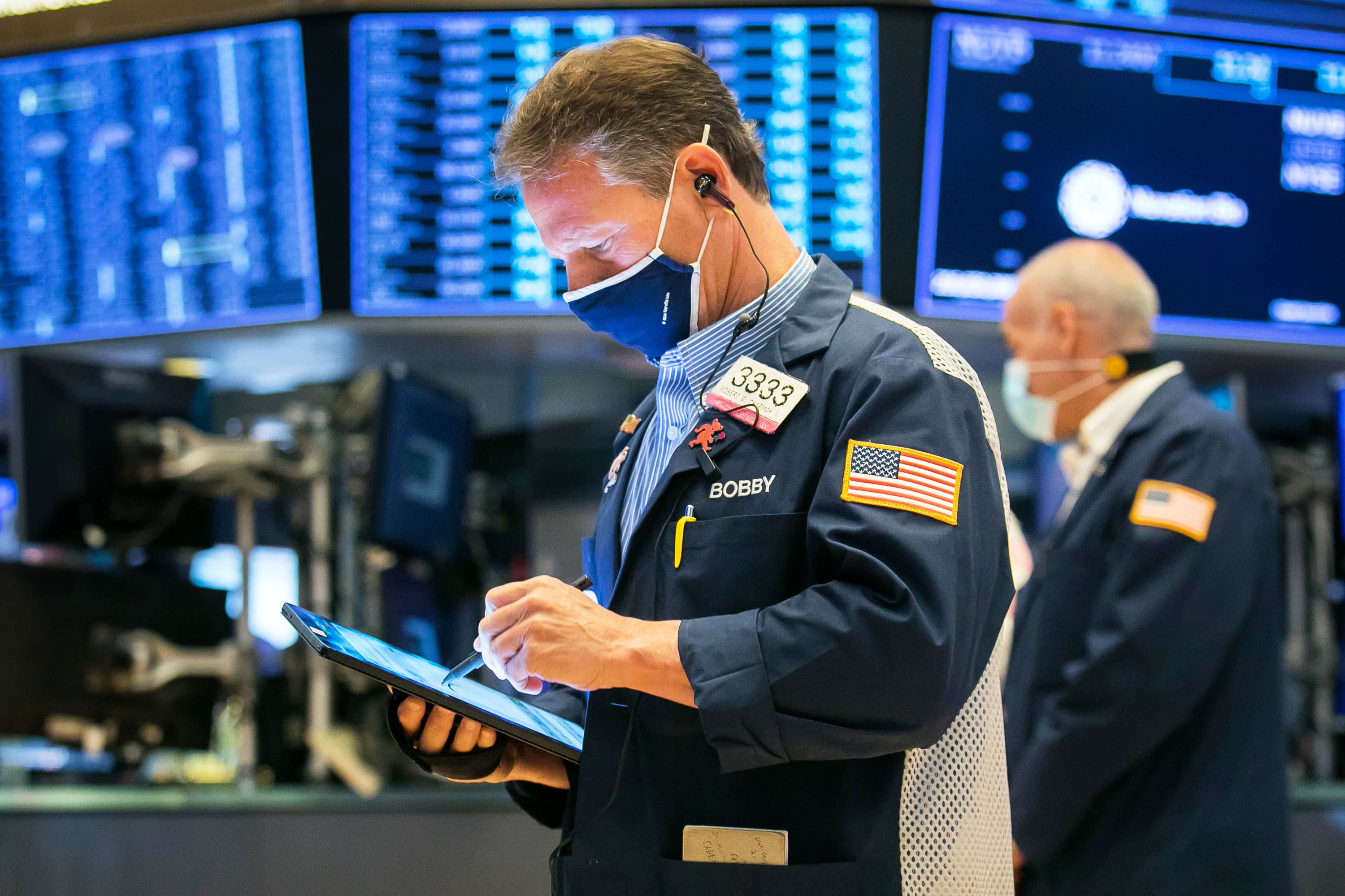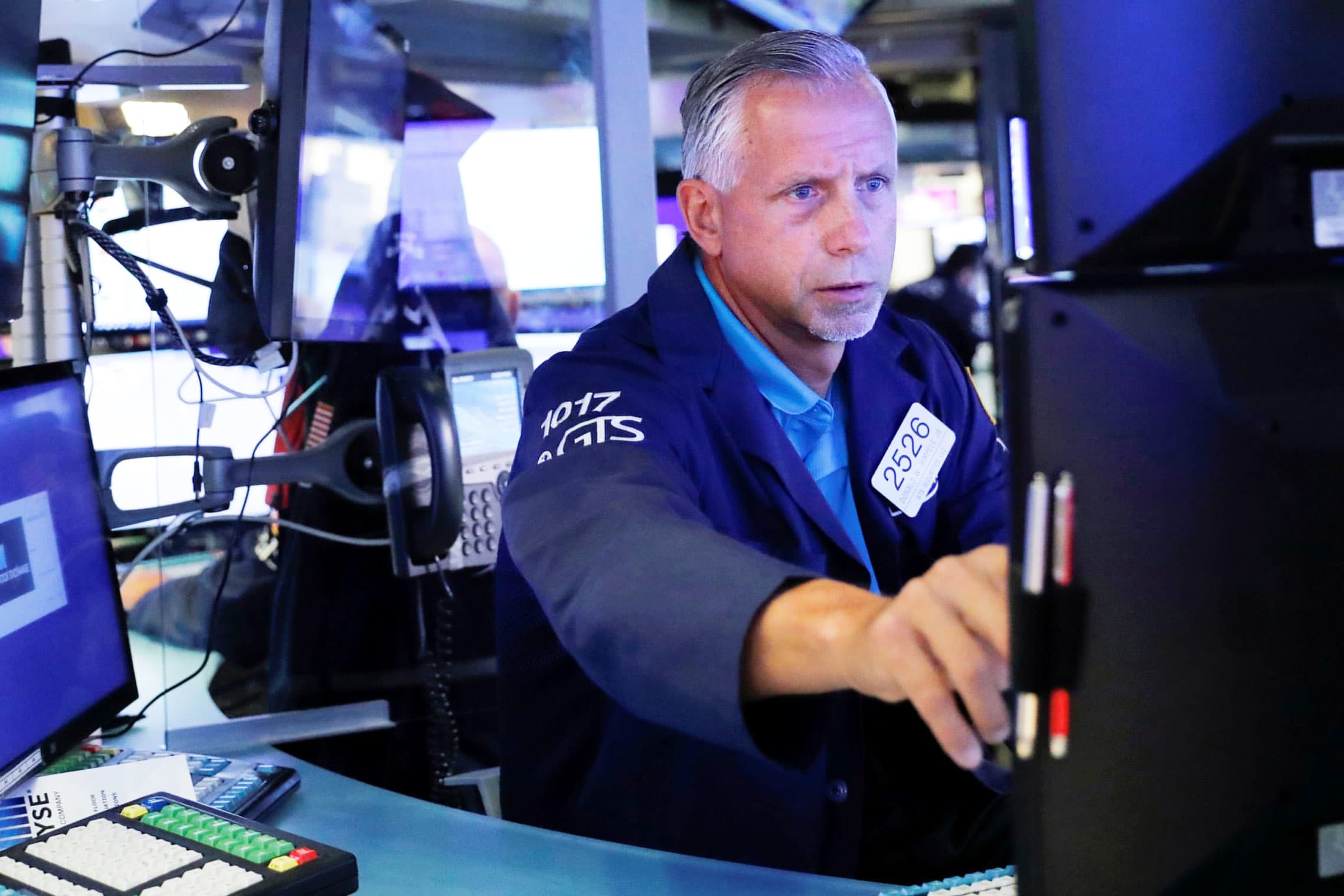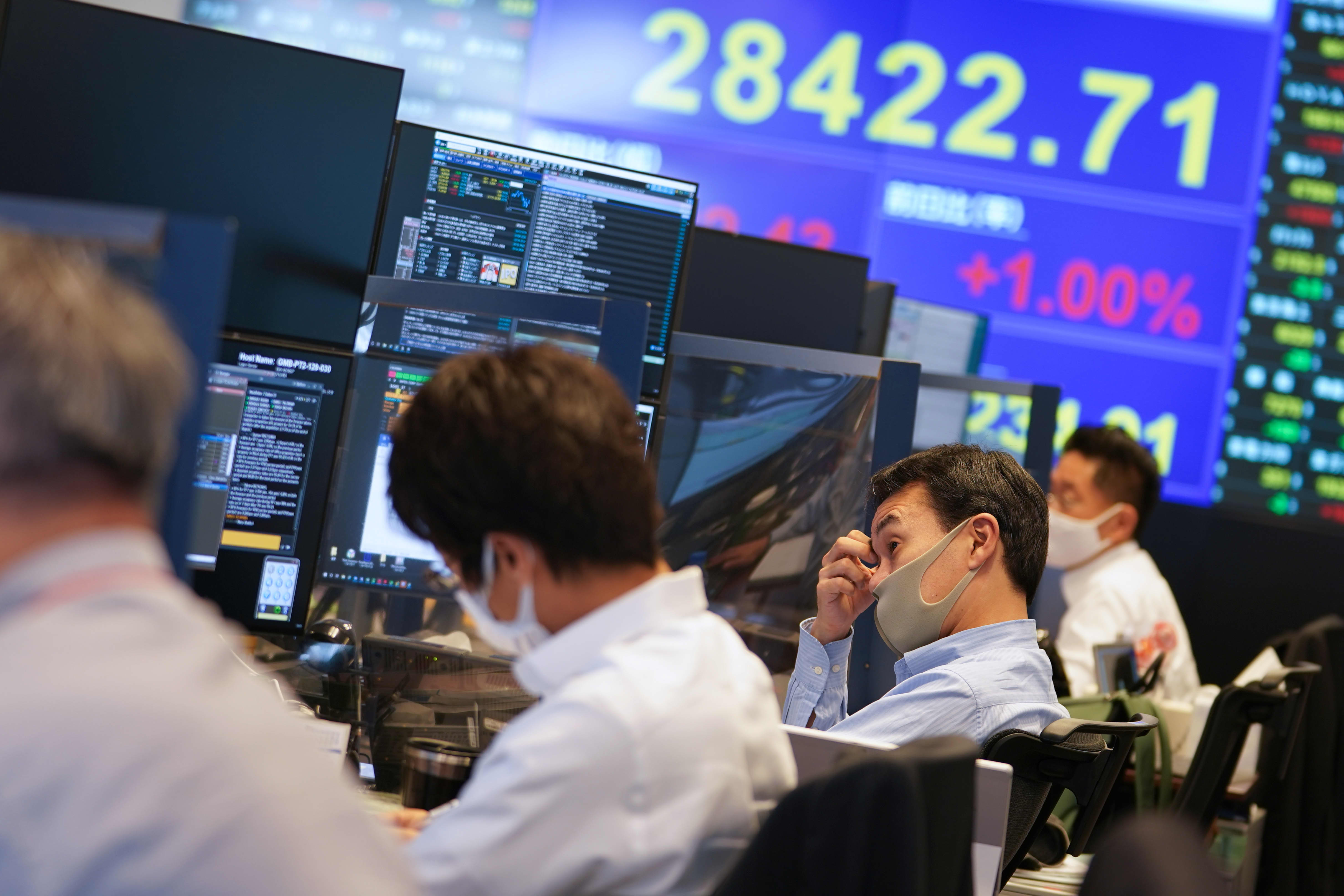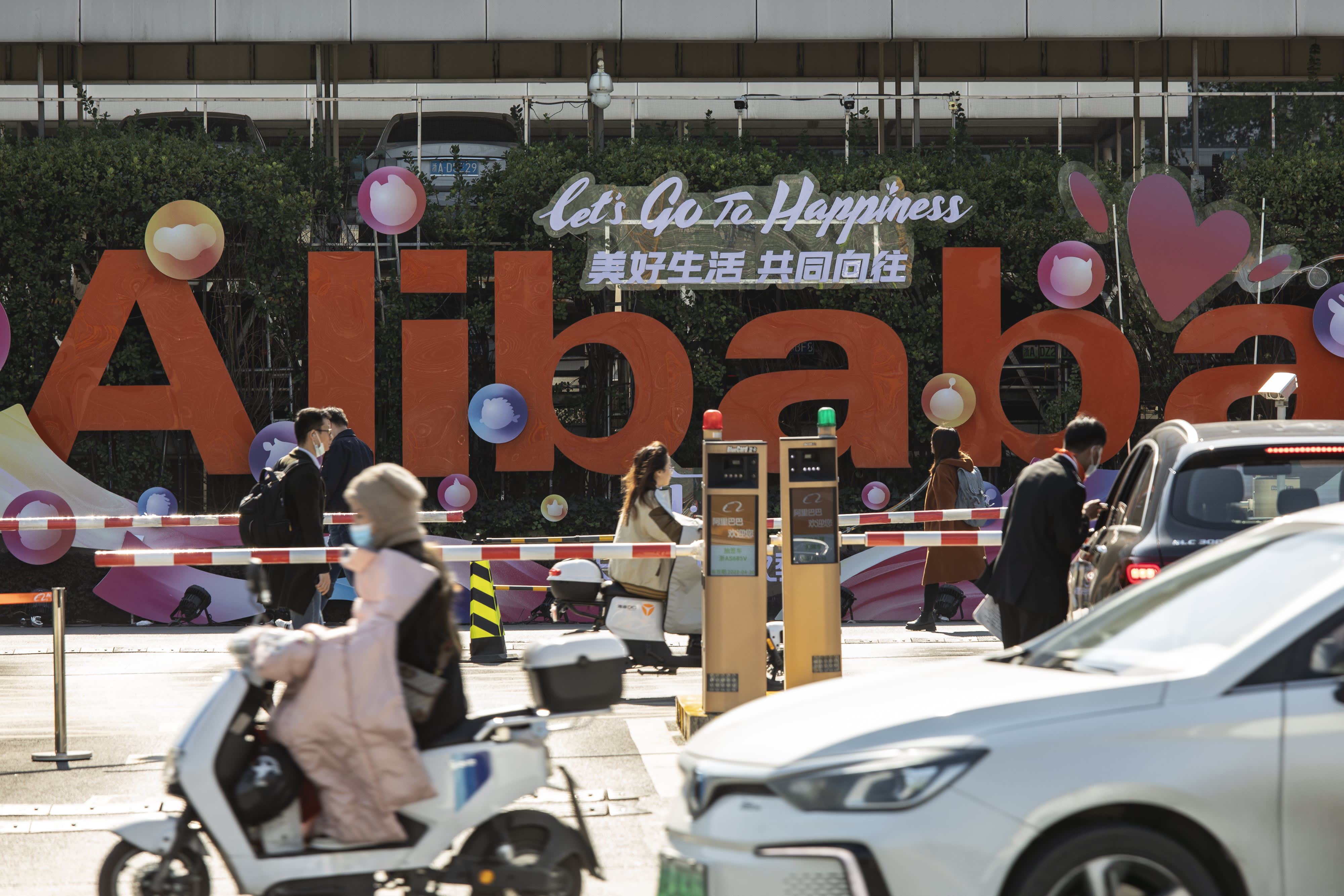Dow jumps nearly 300 points to a record high, gains 2% for the week
The blue-chip Dow climbed 2% this week, while the S&P 500 gained about 2.7%, posting its best week since early February.
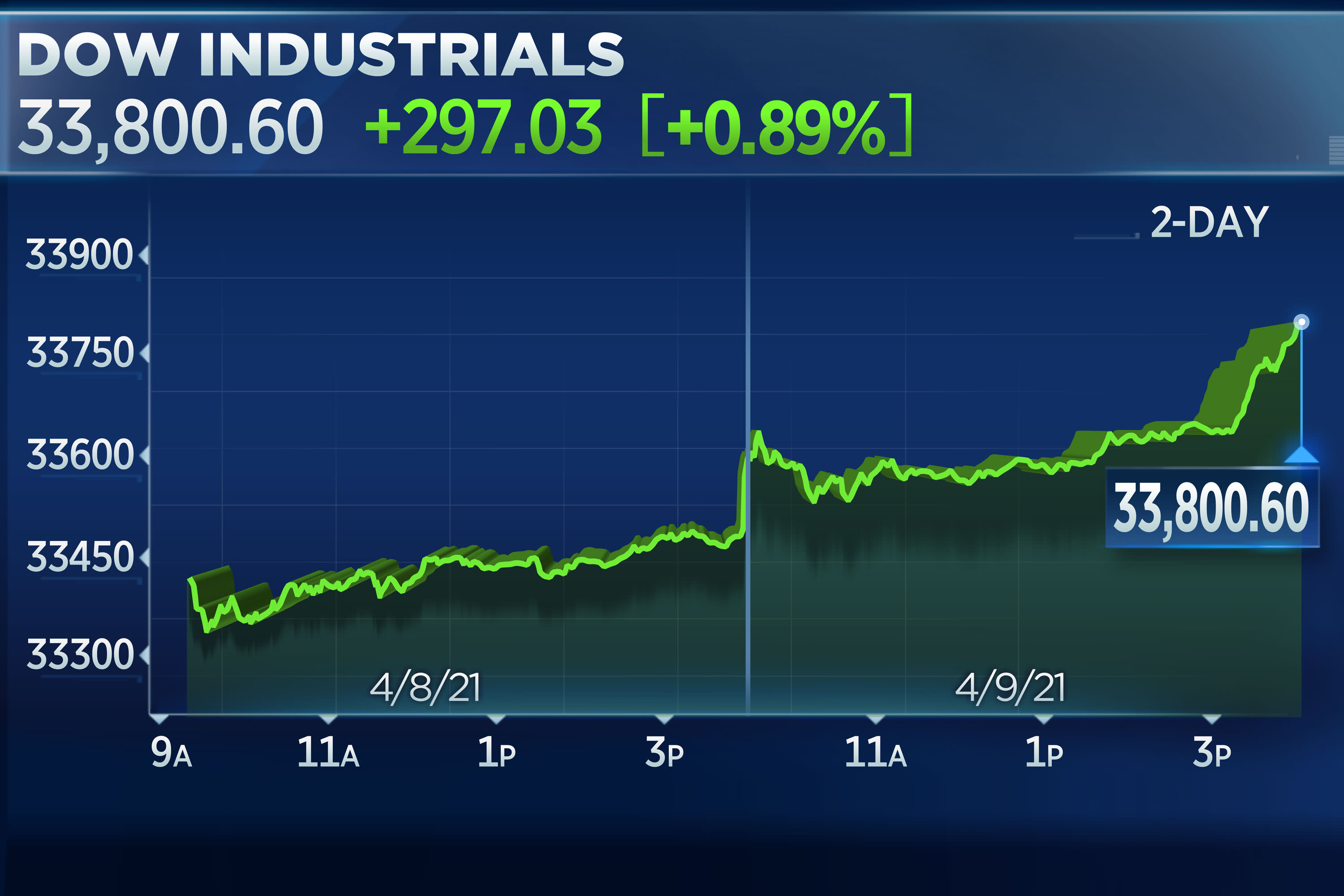
U.S. stocks climbed to record levels and closed out Friday at their session highs as Wall Street wrapped up the week with solid gains amid rising reopening optimism.
The Dow Jones Industrial Average rose 297.03 points to 33,800.60, notching a record closing high. The S&P 500 gained 0.8% to 4,128.80, hitting its third straight record close. The tech-heavy Nasdaq Composite edged up 0.5% to 13,900.19.
Stocks linked to the recovering economy led the gains again amid the accelerating vaccine rollout. Carnival Corp rose 2.6% after getting two upgrades on Wall street amid pent-up demand and potential summer restart. General Electric climbed more than 1%. JPMorgan added 0.8%.
The blue-chip Dow climbed 2% this week, while the S&P 500 gained about 2.7%, posting its best week since early February. The Nasdaq rallied 3.1% over the same period as major technology names outperformed. Apple jumped more than 8% this week, while Amazon and Alphabet both gained more than 6%.
On the data front, the producer price index, which measures wholesale price inflation, jumped in March. The March PPI data showed a rise of 1.0%, compared with a projected increase of 0.4% from economists surveyed by Dow Jones.
Year over year, the PPI surged 4.2%, which marks the largest annual gain in more than nine years.
"Inflation in the pipeline keeps heating up," said Peter Boockvar, chief investment officer at Bleakley Advisory Group. "We'll see to what extent companies are beginning to pass this on to consumers next week with CPI. From what I'm hearing from companies, that process is just beginning."
The 10-year Treasury yield ticked slightly higher to 1.66% following the inflation data. Treasury yields had retreated earlier this week from their recent highs.
Market volatility has declined significantly as the S&P 500 kept grinding higher to refresh its record high. The Cboe Volatility Index, known as the VIX, has been trading under the 20 threshold for eight sessions straight. The index looks at prices of options on the S&P 500 to track the level of fear on Wall Street. The VIX fell under 17 Friday.
"Contrary to headlines, rising interest rates, healthy levels of inflation, and an eventual Fed rate hike are not necessarily market negatives," Larry Adam, chief investment officer at Raymond James, said in a note. "In fact, the annualized performance for the S&P 500 has been above average under each of these dynamics as long as economic growth remains robust — which we believe will occur."
Investors largely shrugged off an unexpected jump in jobless claims on Thursday from last week. The Labor Department reported first-time claims for the week ended April 3 totaled 744,000, well above the expectation for 694,000 from economists surveyed by Dow Jones.
Federal Reserve Chairman Jerome Powell called the recovery from the pandemic "uneven" on Thursday, signaling a more robust recovery is needed.
Enjoyed this article?
For exclusive stock picks, investment ideas and CNBC global livestream
Sign up for CNBC Pro
Start your free trial now

 Lynk
Lynk 







